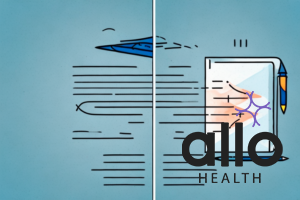Delayed Period After iPill

It’s understandable to be concerned when your period is late, especially after taking emergency contraception like the iPill. The delay in your period might be due to several factors.
Firstly, the iPill, which is a form of emergency contraception, contains a high dose of hormones that can disrupt your regular menstrual cycle. It’s common for periods to be delayed, arrive earlier, or be lighter or heavier than usual after taking the iPill. According to medical experts, menstrual irregularities can last for one or two cycles following the use of emergency contraception .
The vaginal bleeding you experienced from August 12th to 16th was likely a withdrawal bleed, which is another common side effect of taking the iPill. Withdrawal bleeding occurs due to the sudden drop in hormone levels after taking the pill and doesn’t necessarily indicate the start of a new menstrual cycle.
If your period is 12 days late, it’s also important to rule out pregnancy. Even though the iPill is effective, it’s not 100% guaranteed. You can take a home pregnancy test to be sure. If the test is positive or if your period doesn’t arrive within a week, you should consult with a healthcare provider.
Stress, changes in your routine, or other health issues can also contribute to a delayed period. It’s important to monitor your cycle and talk to a doctor if you have concerns or if this irregularity continues .
Taking the iPill can cause temporary changes in your menstrual cycle, leading to a delayed period. If your period is 12 days late, consider taking a pregnancy test and consulting a healthcare provider for further advice.




